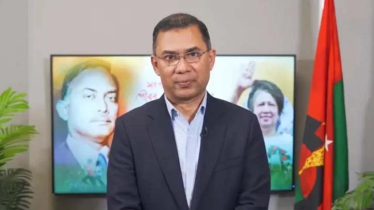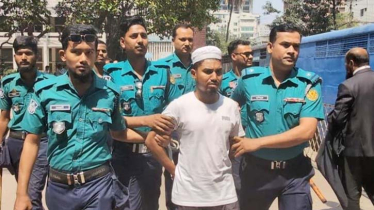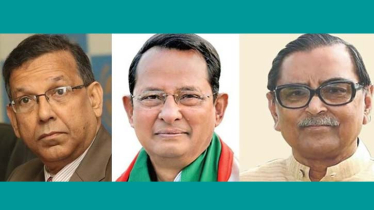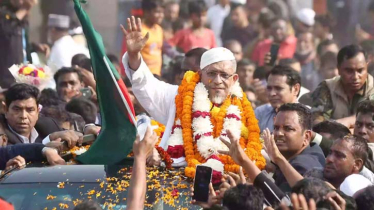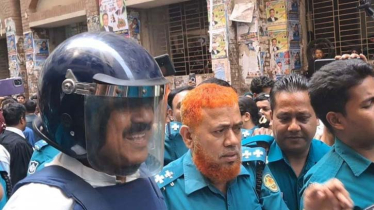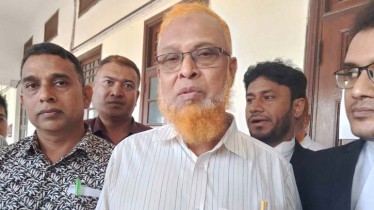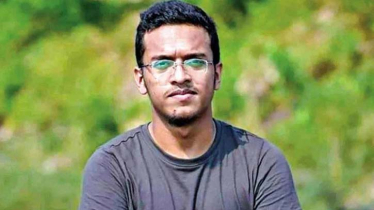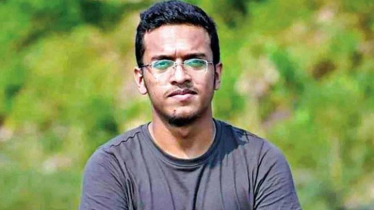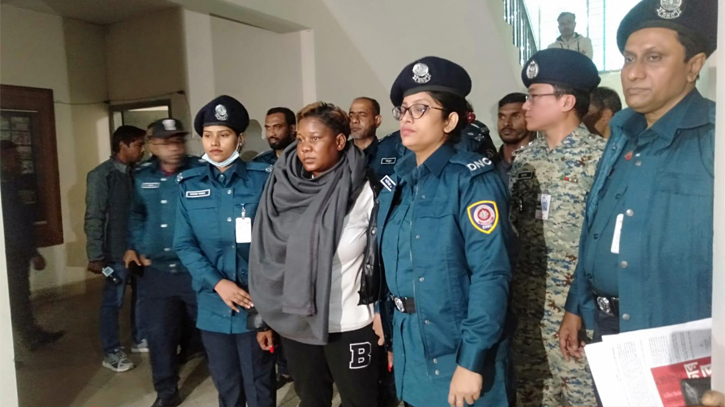
Photo : Collected
Over two and a half thousand foreign criminals currently reside in various regions across the country, including the capital. These individuals are implicated in a range of illicit activities such as drug and gold smuggling, ATM card fraud, circulating counterfeit currency, as well as lottery and gift scams. Alarmingly, many of these offenders are granted bail upon arrest but repeatedly fail to appear in court, ultimately absconding from the country without notice. The majority of these fugitives hail from diverse African nations.
Efforts are underway to swiftly apprehend these criminals and bring them to justice, complemented by enhanced surveillance measures. Notably, individuals from African nation were apprehended in connection with the largest cocaine seizure in the country`s history. Following the arrest, the Directorate of Narcotics Control has initiated the process of submitting a proposal to the Ministry of Home Affairs.
Mustaqeem Billah Faruqi, Director General of the Narcotics Control Department, expressed to The Daily Messenger, "We are drafting a proposal to subject foreign criminals to the full extent of the law, which will be submitted to the ministry." There is significant concern that these individuals are engaging in a spectrum of criminal activities, including drug trafficking, under the guise of on arrival visas for purposes such as garments or sports.
He further indicated that an estimated two and a half thousand individuals from various African nations are suspected of involvement in diverse criminal activities. The majority of these individuals reside in Dhaka, with a smaller portion residing in Chittagong. Urgent action is recommended to address this issue promptly.
According to reliable sources, a significant seizure of 8.3 kilograms of heroin occurred at Hazrat Shahjalal International Airport on January 26, involving a young woman from Malawi. Subsequently, four other individuals from different African countries, including the primary orchestrator of the cocaine smuggling operation, were apprehended. These individuals were found to be residing illegally in the country and were exploiting Bangladesh as a transit point for their drug trafficking activities. One of the arrested individuals, Danki, a Nigerian citizen, was identified as a key member of the international drug trafficking syndicate operating from Bangladesh.
Not only this, but citizens from various African countries, notably Nigeria, Sierra Leone, Tanzania, Malawi, Ivory Coast, and Cameroon, often come to this country under the guise of participating in football and garment industries. However, beneath the facade of legitimate pursuits, many of them engage in various criminal activities. They are particularly notorious for perpetrating scams under the pretense of sending counterfeit dollars and gifts. Additionally, instances of drug trafficking and ATM card fraud involving these individuals have also been reported.
It is observed that these criminals often target individuals via mobile or social media platforms like Facebook, promising them gifts from abroad. Subsequently, they manipulate the victims into believing that they need to send money to facilitate the collection of these purported gifts, only to disappear once the money is sent. Similarly, the distribution of fake dollars follows a similar modus operandi, exploiting unsuspecting victims through deceitful means.
Sources from the Dhaka Metropolitan Intelligence Police have revealed that these individuals from different African countries have been apprehended on numerous occasions for their involvement in various criminal activities. Detailed information regarding their arrests and criminal backgrounds is also available, which aids ongoing investigations.
Furthermore, it has been noted that despite being released on bail after arrest, many of these individuals fail to appear in court as required. Their primary locations of residence within the capital city include affluent areas such as Gulshan, Baridhara, Banani, Basundhara, and Uttara. These areas serve as hubs for their illicit activities, posing significant challenges for law enforcement agencies in maintaining security and combating organised crime networks.
According to sources, a recent arrest involved Stephen Sonia, who was implicated in a fraudulent scheme. Sonia, a Nigerian national, initiated contact with the victim via Facebook, presenting herself as a resident of Yemen who had served in the military. She claimed that her entire family, including her parents, had tragically perished in the conflict. Sonia then proposed an enticing offer to invest her late father`s money in a Muslim-majority country, with the intention of obtaining citizenship there in the future.
This offer appealed to many individuals, who were drawn in by the promise of financial gain. Sonia cultivated friendships with these individuals and even sent small gifts to bolster their confidence in the scheme. Eventually, Sonia informed her targets that she had dispatched money and additional gifts to them, which were supposedly held at Hazrat Shahjalal International Airport. However, she claimed that these items could only be retrieved by paying customs clearance fees ranging from 800,000 to 2,000,000 Bangladeshi taka.
In exchange for this payment, Sonia promised her victims gifts valued at approximately 2.5 crore taka. Unfortunately, after the victims transferred the requested funds, communication with Sonia abruptly ceased. Despite her subsequent release on bail, Sonia has since disappeared without a trace, leaving her victims deceived and empty-handed.
Moshiur Rahman, the Deputy Commissioner of Dhaka Metropolitan Intelligence Police, emphasised to the Daily Messenger that citizens from certain African countries do not adhere to any specific criminal pattern when they come to Bangladesh. Instead, they engage in a range of criminal activities, with fraud being a prominent one. Additionally, they operate an extensive international cocaine network while residing within the country.
Rahman revealed that law enforcement authorities consistently apprehend these individuals, with a significant concentration found residing in the posh area of Dhaka. Furthermore, he highlighted the complicity of some locals who provide shelter to these criminals.
Responding to inquiries, Rahman estimated their population to be between two to two and a half thousand individuals. He disclosed plans for a major operation aimed at apprehending these criminals.
Messenger/Fameema

